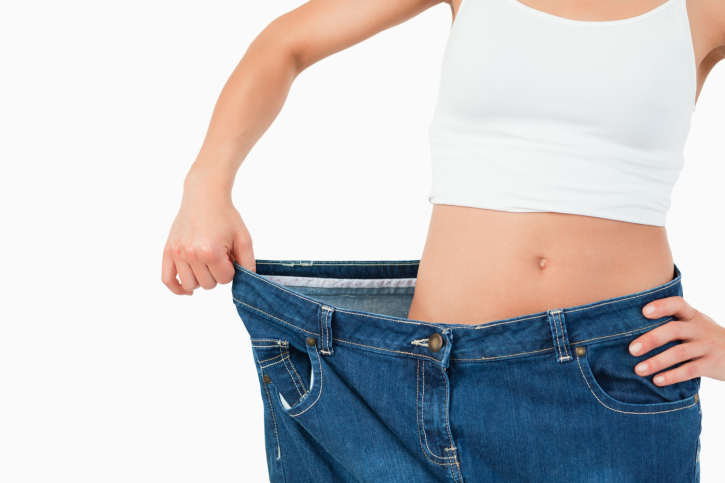It’s true, as we age it becomes harder and harder to lose or maintain weight. Sure, we have all heard that our metabolism changes as we age, but what does that actually mean, and what can you do to counteract that?
1. Reduced Muscle Mass: First, as we age, we experience age-related muscle loss, called sarcopenia. We lose as much as 3-5% of muscle per decade. This matters because our muscles burn more calories than our fat mass. So, unless you are regularly strength training to build muscle, your body will use less calories, which will lead to weight gain if you continue to consume the same amount of calories.
2. Normal Hormone Changes: Both men and women experience hormone changes as they age. For women entering menopause, estrogen reduction leads to increase in belly weight, which has the increased risk of elevated blood pressure, heart disease, and high cholesterol, and type II diabetes. In addition, perimenopause, the years leading up to menopause, causes fluctuations in estrogen, which can impact mood. This fluctuation in mood can lead to poorer compliance with exercise and healthy eating. As a result, perimenopause causes an average of a 5 lb weight gain.
Men experience a significant drop in their testostrone as they age. Testosterone is responsible for regulating fat distribution, muscle strength, and mass, and with this continuous drop, men also experience a drop in lean mass.
In addition to the sex hormone changes, there are also decreases in growth hormone (GH). GH contributes to building and maintaining muscle mass as well.
With this cumulative hormone change, we seen a decline in calorie-burning lean mass, and an increase in fat mass, leading to an overall surplus in calories, and ultimately weight gain.
3. Your metabolism is slower than before – As we age, our physical activity tends to be lower, leading to a lower calorie burn. As we age, we are more likely to be sedentary, more stressed. You are likely in full-swing with your career. Perhaps you have added a family to your life, causing your priorities to shift. Instead of heading to the gym, maybe you’re heading home to spend time with your kids. The cumulative effect is that there is less muscle, less calorie burn, and ultimately weight gain.
What you can do – Combat weight gain related to aging starts with integrating healthy, fresh foods, downsizing your portions with a calorie reduction of 100-200 calories, staying well hydrated with water, and giving your muscles a workout to maintain your metabolism. And for that added support, contact Dr Lala at Kinetix for additional methods for weight reduction and improvement of health. Dr Lala is committed to helping her clients reduce their weight, reduce their medical conditions, and improve their quality of life.




